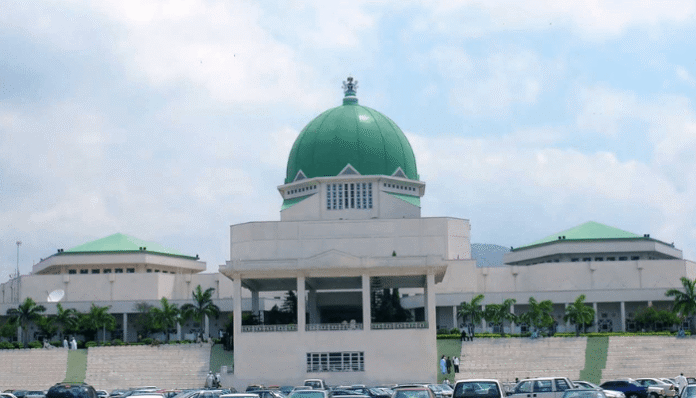The federal government of Nigeria has decried the unnecessary summons of international oil companies (IOCs) by the federal lawmakers, appealing for a more strategic and forthright window.
The Minister of State Petroleum Resources (Oil) Senator Heineken Lokpobiri, made the appea while declaring the 2025 Nigeria Oil and Gas (NOG) Energy Week open on Tuesday in Abuja.
Lokpobiri stated that from 2023, the oil industry narratives changed and investments were recorded as a result of deliberate policies and reforms that worked, and absolute increase in investor confidence in Nigeria.
He appealed to the National Assembly to reduce the number of summons of the IOCs and industry players for legislative hearing.
“Part of the complaints in the industry is about the frequent summons at the National Assembly and that should be reduced.
“I was a senator for many years, we knew the consequences of some of these actions, before summoning you need to look at the issues criticallly and make consultations.
“What is the business of summoning the IOCs on procurement issues that happened many years ago. They should not be summoned for frivolous reasons,” the minister cautioned.
He also projected a rise in oil production to 2 million barrels per day (bpd) by 2025 year end, up from the current 1.745 million bpd.
Lokpobiri explained that the production target for 2025 budget was based on 2.06 million bpd, adding that it must ramp up production to hit two million.
“We can succeed when we work together to be strong enough to deliver.
“I urge the Nigerian National Petroleum Company Limited (NNPC Ltd.) to change its target ambition to producing above two million barrels by 2025,” he said.
He recalled that in 2023 when he was appointed as the minister, there was no investment for 10 years due to legal framework and other challenges.
On the African Energy Bank, he said that advertisement was placed for the office of its President, adding that in the next few days Afreximbank and other partners would convene a shareholders’ meeting.
Also speaking, the Minister of State Petroleum Resources (Gas), Ekperikpe Ekpo, said that Nigeria had proven gas reserves of over 200 trillion cubic feet.
Ekpo said that value would only be created in the gas sector when resources were developed and utilised.
He said that through the “Decade of Gas” initiative, the country was focused on translating its vast gas wealth into tangible socio-economic benefits.
This, he said, included driving industrialisation, expanding power generation, increasing domestic Liquefied Petroleum Gas (LPG) usage, deepening gas-to-transport adoption, and growing gas export capacity.

